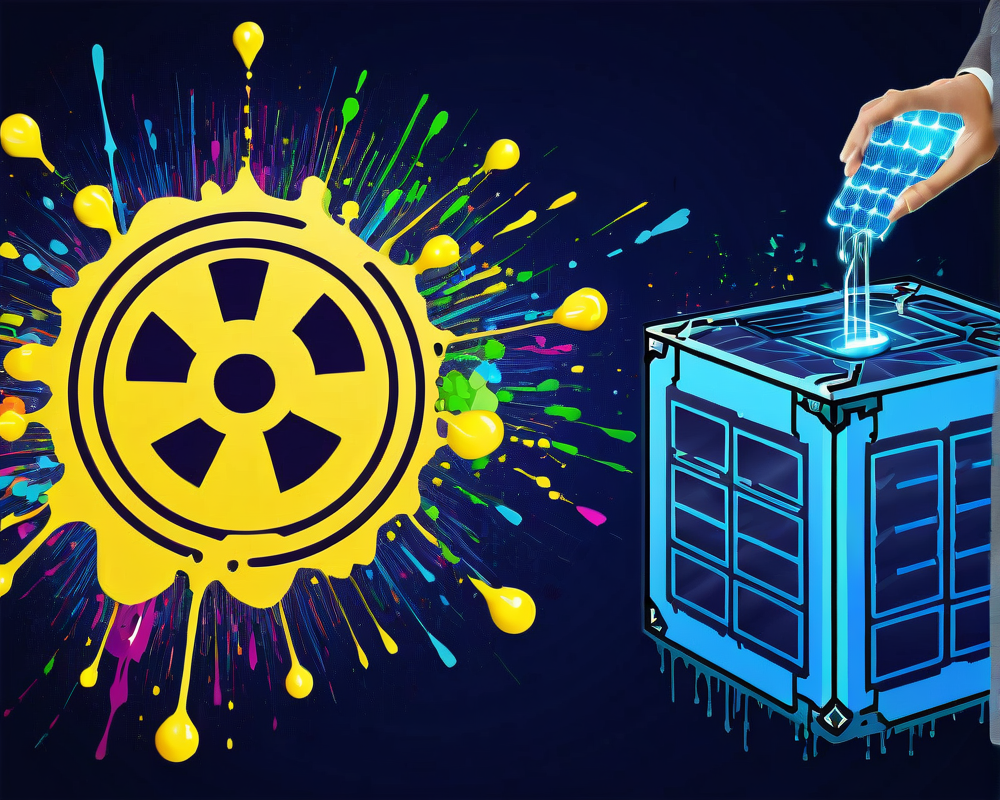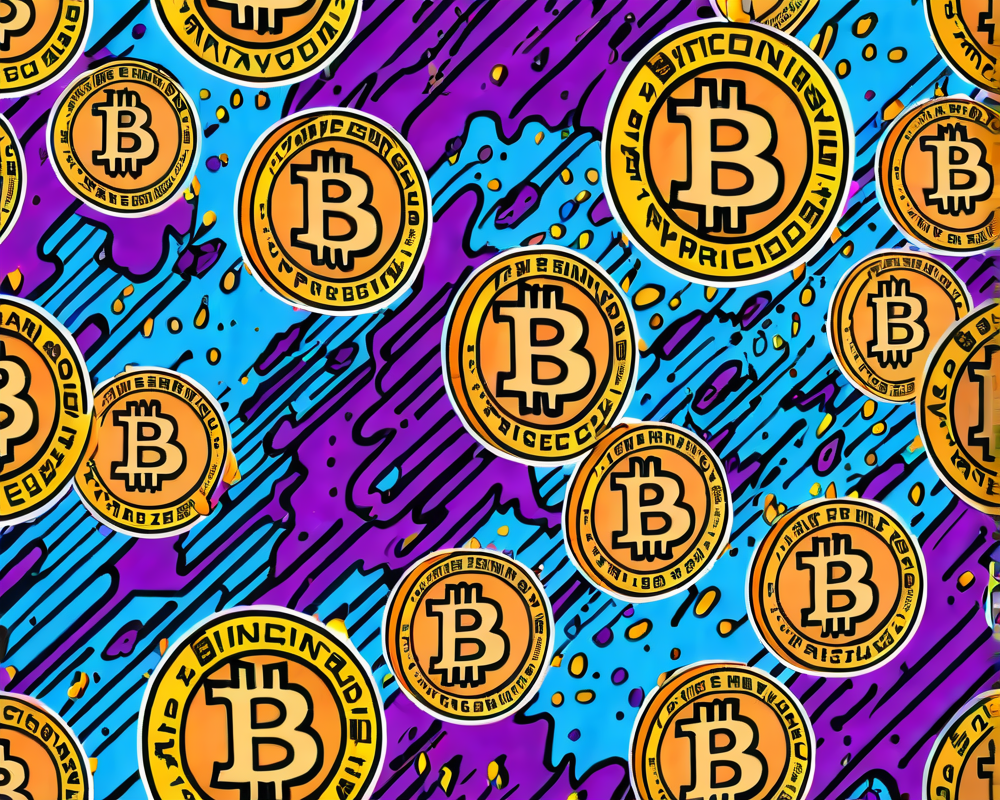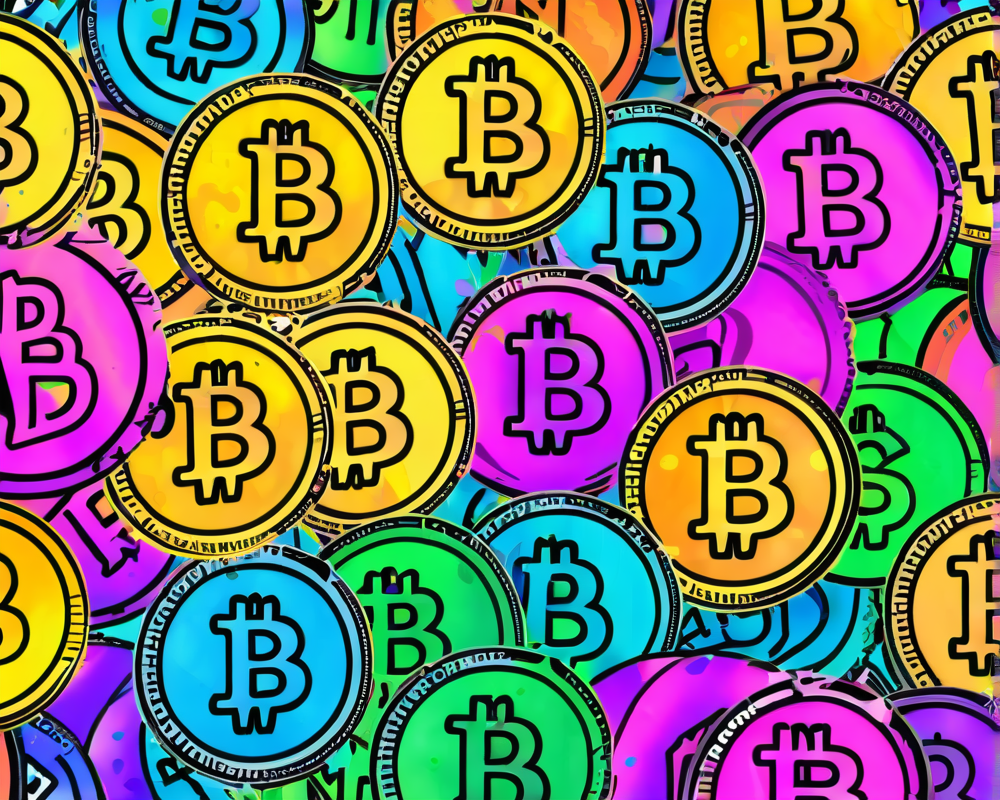The Genesis of a Game-Changer
Uranium One, a heavyweight in the uranium production arena, is joining forces with Insolar, a forward-thinking distributed ledger technology (DLT) startup. Their mission? To unravel the transformative possibilities of blockchain in uranium and energy trading. That’s right, folks! We’re talking about taking the pen-and-paper approach to multi-party deals (that sounds so 1800s) and jazzing it up with some blockchain bling!
The Need for Speed and Transparency
In an industry that still relies on the archaic methods of paper and pencil with contracts that often require a legal interpretation guru, the involvement of blockchain is crucial. By integrating this technology, Uranium One believes it can enhance security, compliance, and reliability. Imagine trading uranium while sipping your coffee, knowing everything is transparent and secure—no more back-and-forth legal gymnastics!
Charting the Course for Pilot Programs
Let’s talk about the pilot program the two firms are cooking up in their digital cauldron. Although the duo is bubbling with excitement to launch it later this year, they’ve slyly mentioned that a full-scale launch might be more than a year down the line. But hey, good things come to those who wait, right? And we’re here for it!
Beyond Uranium: The Bigger Picture
Not one to stop at uranium, Insolar is diving deeper into the ocean of other non-exchange-traded commodities like iron ore. Their ambitious goals could shave the over-the-counter (OTC) deal cycle from agonizing months to a breezy few weeks while reducing transaction costs by a whopping 40%. That’s not chump change; it amounts to billions in savings!
Addressing Sector Woes
Let’s delve into some frustrations of this industry. With the trading of commodities like uranium, the process can feel like a game of Twister—requiring the coordination of at least six key players: the miner, converter, power generation customer, and their respective banks. Processing these deals often racks up costs around $50,000 each! Who has that kind of cash to throw around?
Fixing What’s Broken
Insolar aims to tackle two major challenges of the OTC market: slow transactions and a lack of transparent pricing mechanisms. The issue? Currently, much of the pricing information comes from shady third-party agencies. Who’s got time for a black box market? Instead, they’re proposing a decentralized system that would allow secure transactions, while ensuring the accuracy of data to set transparent pricing without revealing individual transaction details. Now that’s the kind of clarity everyone can rally behind!
Blockchain’s Expanding Influence
It’s not just Uranium One and Insolar that are working their magic with blockchain. Industry veterans like IBM are teaming up with MineHub Technologies to develop solutions designed to streamline supply chain management. Meanwhile, Tradewind Markets launched a digital tool for provenance tracking in precious metals, proving that the blockchain buzz is more than just hot air.




